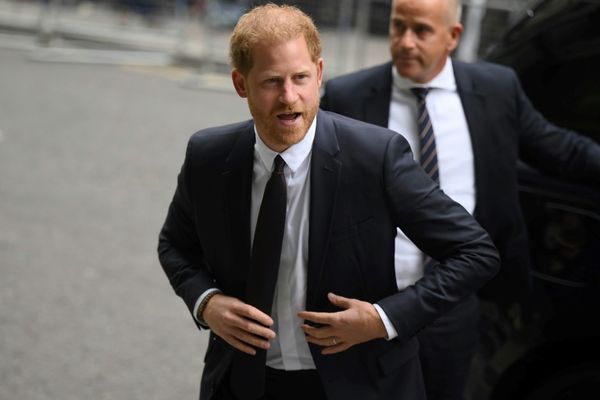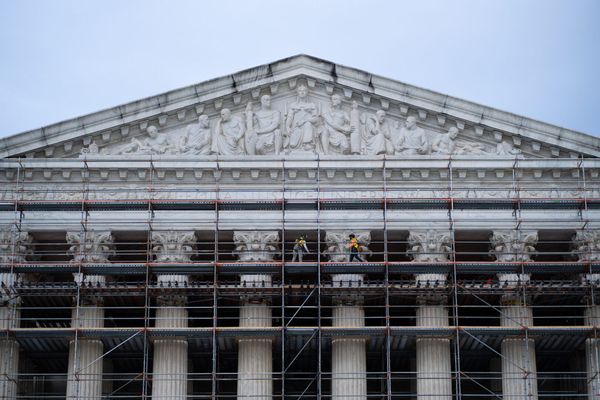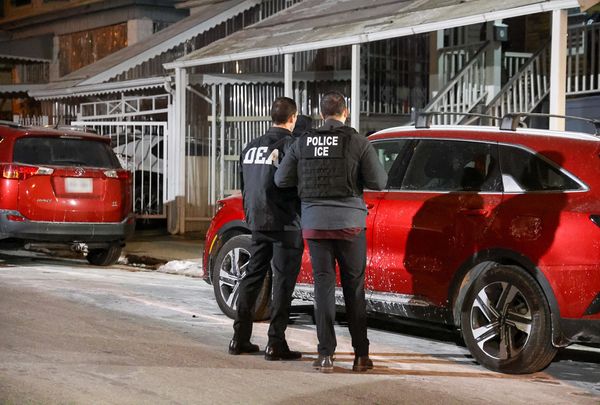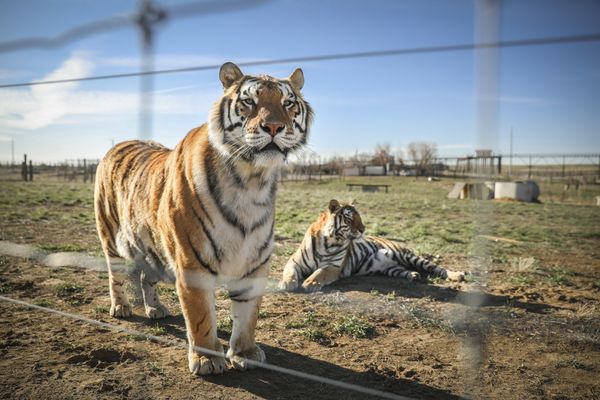
Qantas has been accused of continuing to strategically cancel flights to block competition by Sydney airport’s chief executive as he warns the embattled airline is making it difficult for Australians to “fall in love with Qantas again”.
Geoff Culbert, who is finishing as CEO at the end of the year, said recent behaviour from airlines “amazes” him despite public awareness of the allegation known as “slot hoarding”. Slot hoarding is where airlines schedule more flights than they intend to run, before cancelling them in a strategic manner so as to not cancel any service more than 20% of the time so they retain the slot at the expense of a competitor (known as the 80:20 rule).
Qantas Group and Virgin have previously denied they misuse slots.
The frustrations were aired at the Australian Airports Association (AAA) national conference in Melbourne on Wednesday, with pleas for law changes to stamp out the behaviour after months of questions about Qantas’ influence on government.
Culbert said September cancellation data showed Qantas-owned Jetstar cancelled 9.9% of flights, Virgin cancelled 9.3% and Qantas cancelled 7.4% of flights on the Sydney-Melbourne route.
“Interestingly, the cancellation rate for Rex was zero,” Culbert said of the formerly regional-only carrier that has recently expanded to compete on capital city routes.
Culbert noted that while airlines cite weather delays and air traffic control shortages as reasons for frequent cancellations, there were 17 days in September with no such report disruptions during which there were 184 cancellations on Sydney-Melbourne – 52% of the monthly total.
“In other words, in September there was almost zero correlation between cancellations and external factors like weather or ATC issues,” he said.
“We all want Qantas to be successful and the goodwill for Qantas amongst all Australians sits a millimetre beneath the surface. It’s one of the greatest and most loved brands to ever come out of Australia.
“We all want to fall in love with Qantas again but it’s hard to do so when they continue to cancel so many flights.”
Culbert noted the high cancellation rates on some Sydney routes are also common to Virgin, so the problem “shouldn’t be interpreted as something affecting one airline alone”.
“The reality is I doubt the behaviour will change until rules change, starting with the 80:20 rule,” Culbert said of the rule that “incentivises slot hoarding rather than penalises it”.
“In what industry is it deemed acceptable to cancel up to one in five services?”
While Sydney airport has been vocal on the issue since 2019, after it observed a 74% increase in cancellations on the Sydney-Melbourne route in two years, the airport itself has no say in the coordination of slots – this is done by a separate body.
Qantas, Jetstar and Virgin have all consistently denied the behaviour but a broad chorus of airports and smaller airlines have been pleading for legal reforms.
Qantas has previously accused Sydney airport of wanting domestic carriers to lose slots because it earns more from international flights, with more passengers who typically spend more in terminals.
Culbert’s spray was not isolated at the AAA conference. On Tuesday, Tim Jordan, the CEO of fledgling budget carrier Bonza, which has been unable to access peak slots at Sydney airport, criticised the government’s inertia in addressing the industry’s concerns.
“Sydney, it annoys me … slots in Sydney, which at this point get cancelled or go unused on a daily basis, producing zero economic benefit for everybody,” Jordan said. “This isn’t one of those tougher things to do. It really is relatively quick. So it does upset me.”
Landmark legal action from the consumer watchdog was based on an investigation which also found evidence Qantas had cancelled flights in part to retain slots at Sydney. Rod Sims, the former chair of the consumer watchdog, has called the legislation governing Sydney airport “frankly ridiculous”.
The Albanese government is yet to respond to recommendations from the Harris review into Sydney airport’s demand management scheme.
The Guardian contacted Qantas Group and Virgin for comment.







